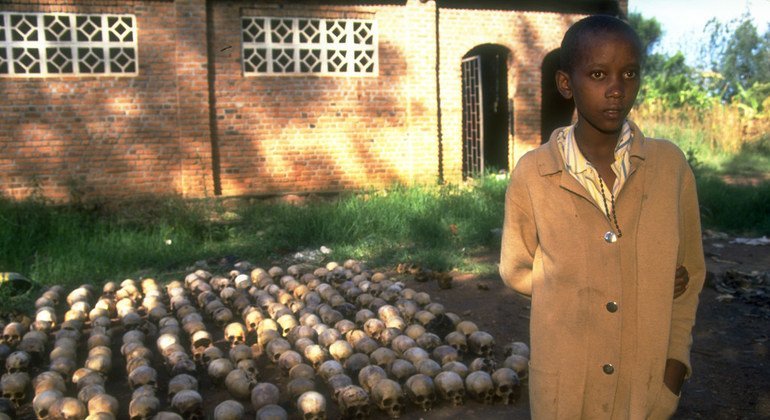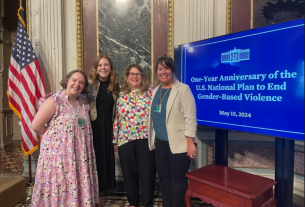Fulgence Kayishema is alleged to have orchestrated the killing of approximately 2,000 Tutsi refugees at Nyange Catholic Church during the 1994 Genocide against the Tutsi in Rwanda, the International Residual Mechanism for Criminal Tribunals (IRMCT) said in a statement.
He was arrested in South Africa on Wednesday in a joint operation between the IRMCT Office of the Prosecutor and the authorities.
Finally facing justice
Kayishema has been at large since 2001 and was among four remaining fugitives from the genocide, during which an estimated one million people were killed, and roughly 150,000 to 250,000 women raped, over a period of some 100 days.
IRMCT Chief Prosecutor Serge Brammertz said his arrest ensures the long-standing fugitive will finally face justice for his alleged crimes.
“Genocide is the most serious crime known to humankind. The international community has committed to ensure that its perpetrators will be prosecuted and punished. This arrest is a tangible demonstration that this commitment does not fade and that justice will be done, no matter how long it takes,” he added.
International partners for justice
Mr. Brammertz said the thorough investigation that led to the arrest was made possible through the support and cooperation of South Africa and the Operational Task Team established by President Cyril Ramaphosa to assist the ICMRT Fugitive Tracking Team.
They also received “vital support” from similar Task Forces in other African countries, notably Eswatini and Mozambique.
“Rwandan authorities under the leadership of Prosecutor General Aimable Havugiyaremye continued to be our strongest partners and provided essential assistance,” he said.
The Chief Prosecutor also cited support from other countries, including the United States, Canada and the United Kingdom, saying “Kayishema’s arrest demonstrates yet again that justice can be secured, no matter the challenges, through direct cooperation between international and national law enforcement agencies.”
The IRMCT performs essential functions previously carried out by the UN International Criminal Tribunal for Rwanda (ICTR), which closed in December 2015, and another for the former Yugoslavia, which concluded two years later.
Kayishema was indicted by the Rwanda tribunal in 2001.
He was charged with genocide, complicity in genocide, conspiracy to commit genocide, and crimes against humanity for killings and other crimes committed in Kivumu Commune, Kibuye Prefecture, during the 1994 Genocide against the Tutsi in Rwanda.
According to the indictment, he and other co-perpetrators murdered more than 2,000 refugees – men, women, elderly persons, and children – at the Nyange Church in Kivumu commune, on 15 April 1994.
He “directly participated in the planning an execution” of the massacre, working methodically over two days following, to transfer the corpses to mass graves.
‘Further step forward’
The arrest marks “a further step forward” in the effort to account for all those fugitives still at large who have been indicted by the ICTR.
Since 2020, the OTP Fugitive Tracking Team has accounted for five of the fugitives at large, including another of the architects of the genocide which was orchestrated by the extremist Hutu regime at the time, Félicien Kabuga, as well as Augustin Bizimana, Protais Mpiranya, and Phéneas Munyarugarama. There are now only three outstanding fugitives.



